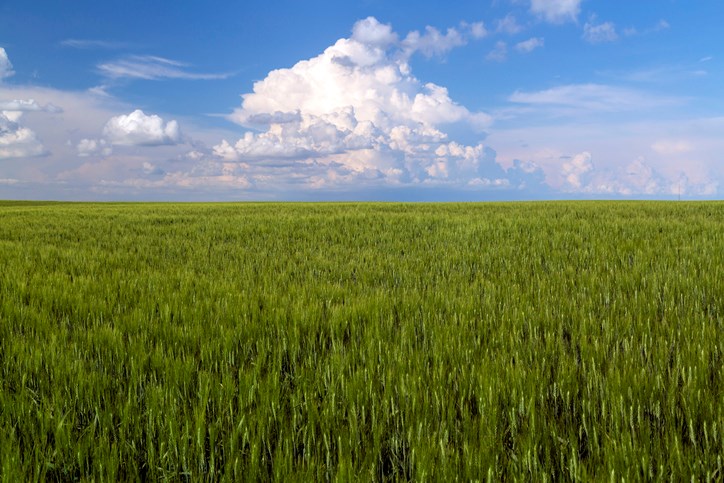This past summer and fall were short of rain across almost the entire region, albeit by differing degrees depending on location.
Still, the year can be summarized as a dry summer that hurt yields, but the continued dry weather through fall at least allowed harvest to progress quicker than is average for the Prairies.
But, with Halloween looming, the chance of fall rains recharging the topsoil moisture is all but gone, so that means added importance in terms of snowfall this winter.
Certainly of late, winter has not meant mounds of the white stuff, not to the levels remembered from my younger years. Now residing in the city less snow is looked at personally as a good thing. It means less sidewalk shoveling, or dealing with snow on streets.
But, it is of course not as good a thing for farmers in need of moisture.
A bit of web surfing and the long range prognosticators seem to be leaning toward a winter of temperature swings and snowfall that is generally termed normal, which is likely to mean some shovelling, but perhaps not enough to have farmers smiling even as they plow out their yards.
That is going to mean the region is going to need some significant early spring rains, although that is a bit of a good news bad news scenario since wet fields can delay planting.
Or, farmers will be seeding into scant soil moisture conditions then hoping for timely late spring and throughout summer rains.
But, summer rains over the last number of years seem less consistent and when rain does come it can be as severe weather that is its own issue as witnessed by flooding in recent memory.
Some will look at the hotter summers and more inconsistent rain as merely the volatility that is typical of weather.
Others are seeing the change as the first flush of climate change caused by the impact of humankind.
Whether it is merely the ebb and flow of long term weather that will eventually pass, or is a long term thing farmers will need to adapt to is to be determined, but at least in the short term of growing a crop in 2022, it is a situation creating significant uncertainty.
And, as is always the case with weather, there will be little producers can do to mitigate the situation leaving them to look to the skies and hope timely rains come when needed.

